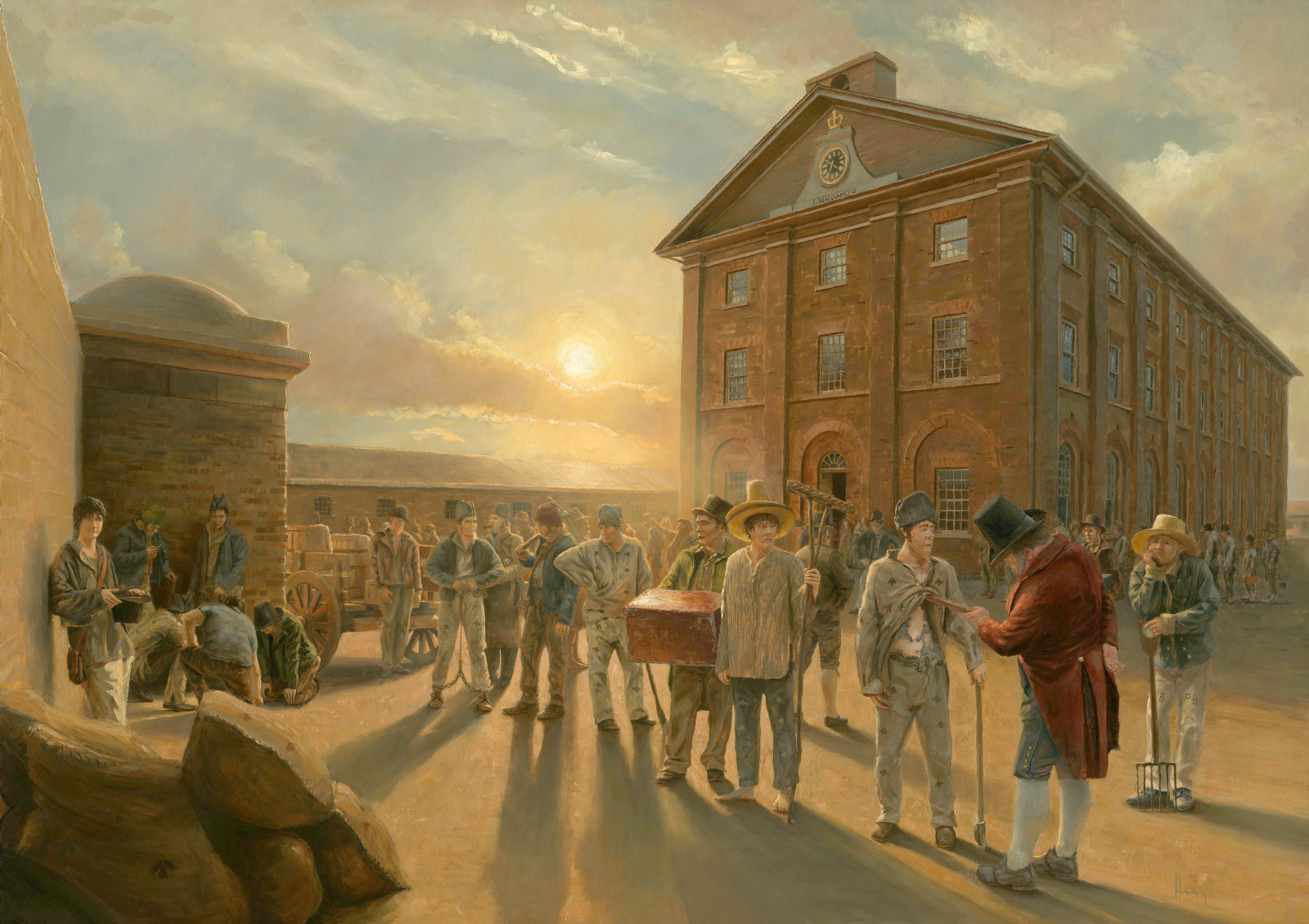Thomas Brisbane
Brisbane came to the colony with a clear mandate to get tough on convicts and support large scale farming.
Brisbane was a brigadier-general, the most senior officer to have become governor at the time of his appointment. While hard-working and intelligent, he was not a good civilian leader and was out of his element in the faction-ridden colonial society. Where Macquarie had attended to every administrative detail and petty squabble, Brisbane delegated a great deal to his officials.
Brisbane’s aim was to divide society into a landowning class of free emigrants who would increase the colony’s wealth, and a subordinate class of convicts and ex-convicts, who would labour for them.
He put an end to land grants, and began selling it for 5 shillings an acre (around $47 dollars today) and would only sell to those he felt had proven their ability to improve the land and produce for the colony. He supported the education of convicts with potential, posed excessive corporal punishment and was lenient in granting pardons. he also ordered that skilled convict mechanics (such as carpenters, builders, blacksmiths etc) be hired rather than assigned with payments going to the crown.
He encouraged landowners to experiment with a range of plantation crops like Virginian tobacco, Georgian cotton, Brazilian coffee and New Zealand flax.
To some extent, he achieved his assigned goals. As Britain had hoped, fewer stories were heard of ex-convicts gaining wealth and status and more stories of suffering, helping authorities recast transportation as a hellish fate to be dreaded.
From Convict Sydney

Convict Sydney
Convict Sydney
From a struggling convict encampment to a thriving Pacific seaport, a city takes shape.
Published on